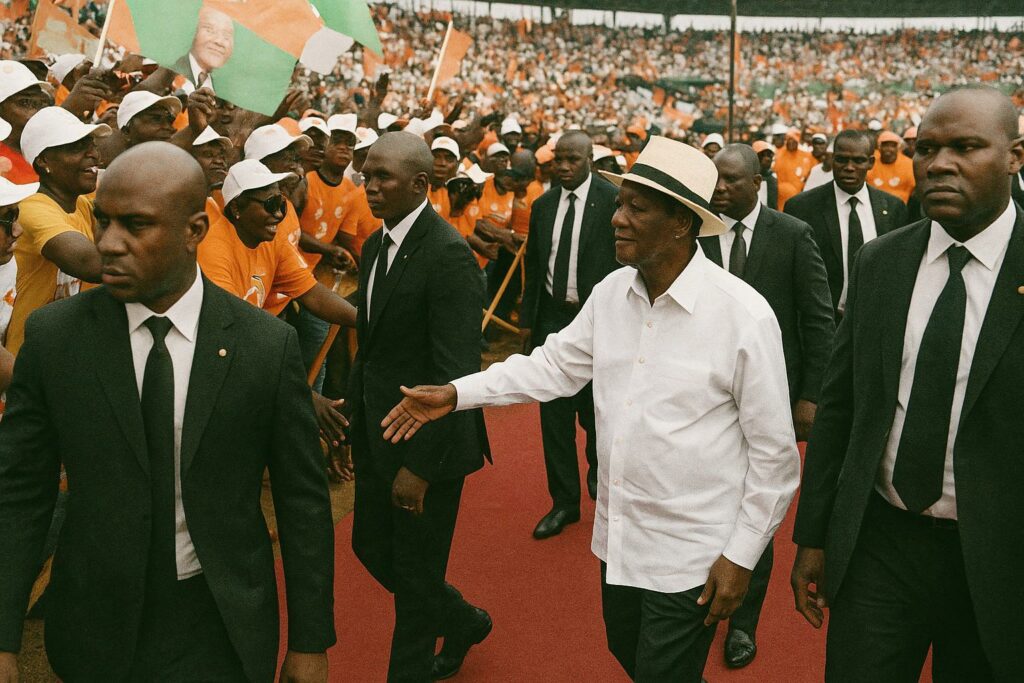A Leadership Transition in Unsettling Times
On June 22, 2025, at the 67th summit of the Economic Community of West African States (ECOWAS) in Abuja, Julius Maada Bio, the President of Sierra Leone, was appointed as the new chair of the organization. This election marks a departure from the traditional linguistic rotation between Francophone and Anglophone leaders, signaling a potentially new era of leadership for the region. Julius Maada Bio steps into this role succeeding Nigeria’s Bola Ahmed Tinubu, inheriting an organization weakened by the departures of Mali, Burkina Faso, and Niger.
Fragmentation and Instability: The Challenges Ahead
ECOWAS, established in 1975 with a mission to foster economic integration, faces severe fragmentation and growing political and security challenges. With only 12 members remaining out of the original 15 by 2025, Bio’s presidency arrives at a pivotal juncture. The departure of key member states exacerbates the organization’s struggle to maintain its historical influence.
Political analyst Kerwin Mayizo emphasizes the difficulty in reversing the tide of fragmentation within ECOWAS. However, he argues for finding effective modes of cooperation, given the economic interdependence of West African nations, including those in the Alliance of Sahel States (AES). Echoing this sentiment, Bio’s leadership will be crucial in steering ECOWAS through these turbulent times.
Strategic Imperatives for Regional Cohesion
In his inaugural speech, President Bio highlighted West Africa’s dire landscape, marked by increasing insecurity, terrorism, and cross-border crime. He announced an ambitious agenda focused on restoring constitutional order, enhancing regional security, fostering economic integration, and reforming ECOWAS with a citizen-centric approach.
The president acknowledges the contagious nature of insecurity and terrorism, advocating for a collective response among ECOWAS and AES nations. This involves pooling security resources and sharing intelligence to combat regional threats effectively. Additionally, President Bio must navigate ECOWAS’s perception as a neutral arbiter, avoiding undue influence from powerful Western nations or regional heavyweights.
Julius Maada Bio’s Vision for a Reunified Region
At 61, Julius Maada Bio, a former military leader and current president of Sierra Leone, faces the formidable task of restoring ECOWAS’s credibility and unifying a fractured West Africa. As the region faces unprecedented political and security challenges, his diplomatic skill and political foresight will be crucial in shaping the future of ECOWAS.
Restoring trust among member states, enhancing dialogue between political entities, and fostering regional solidarity are key elements of Bio’s strategic vision. As he assumes leadership, the world watches to see if ECOWAS can reclaim its position as a beacon of cooperation and stability within West Africa.

